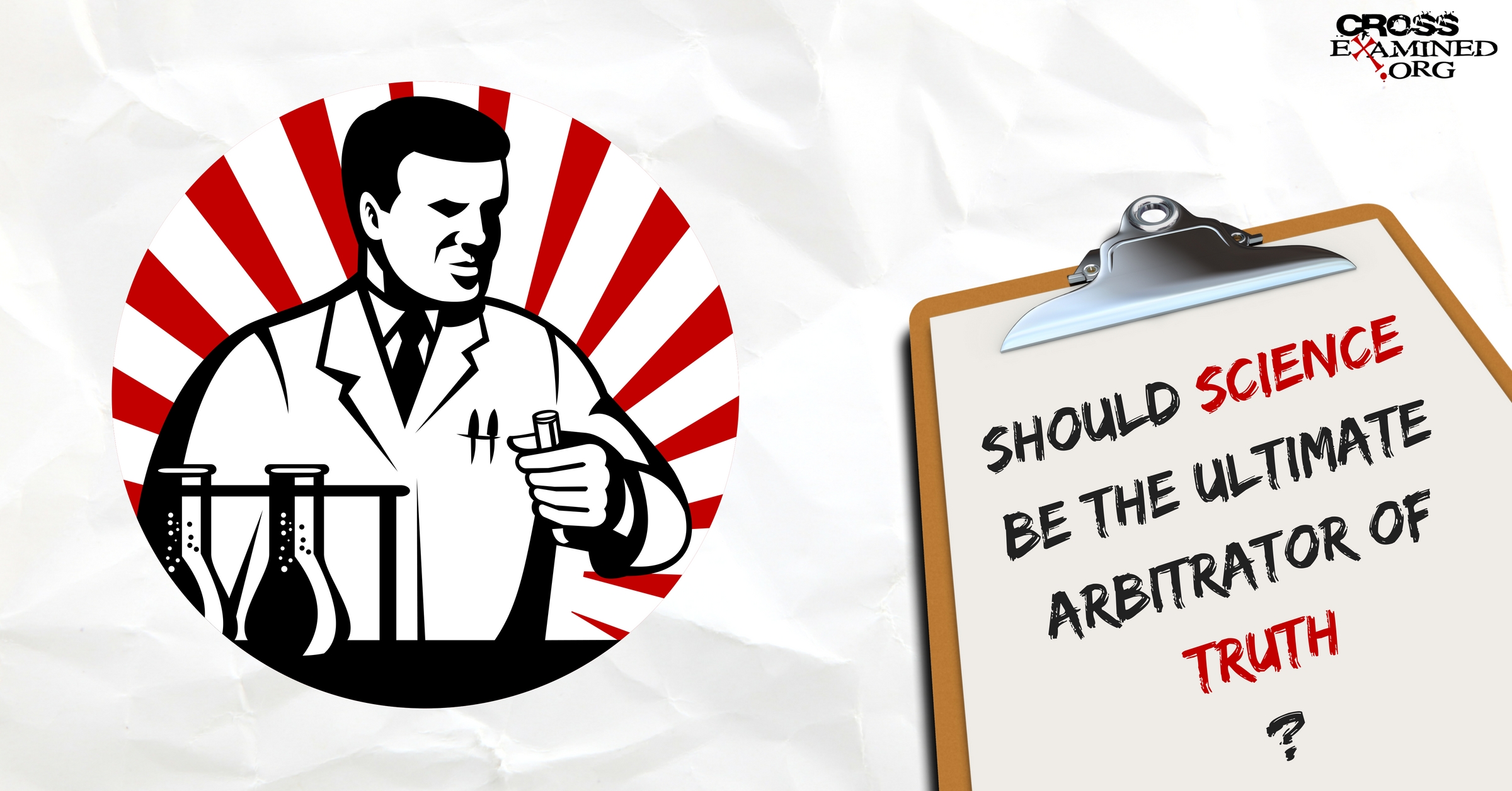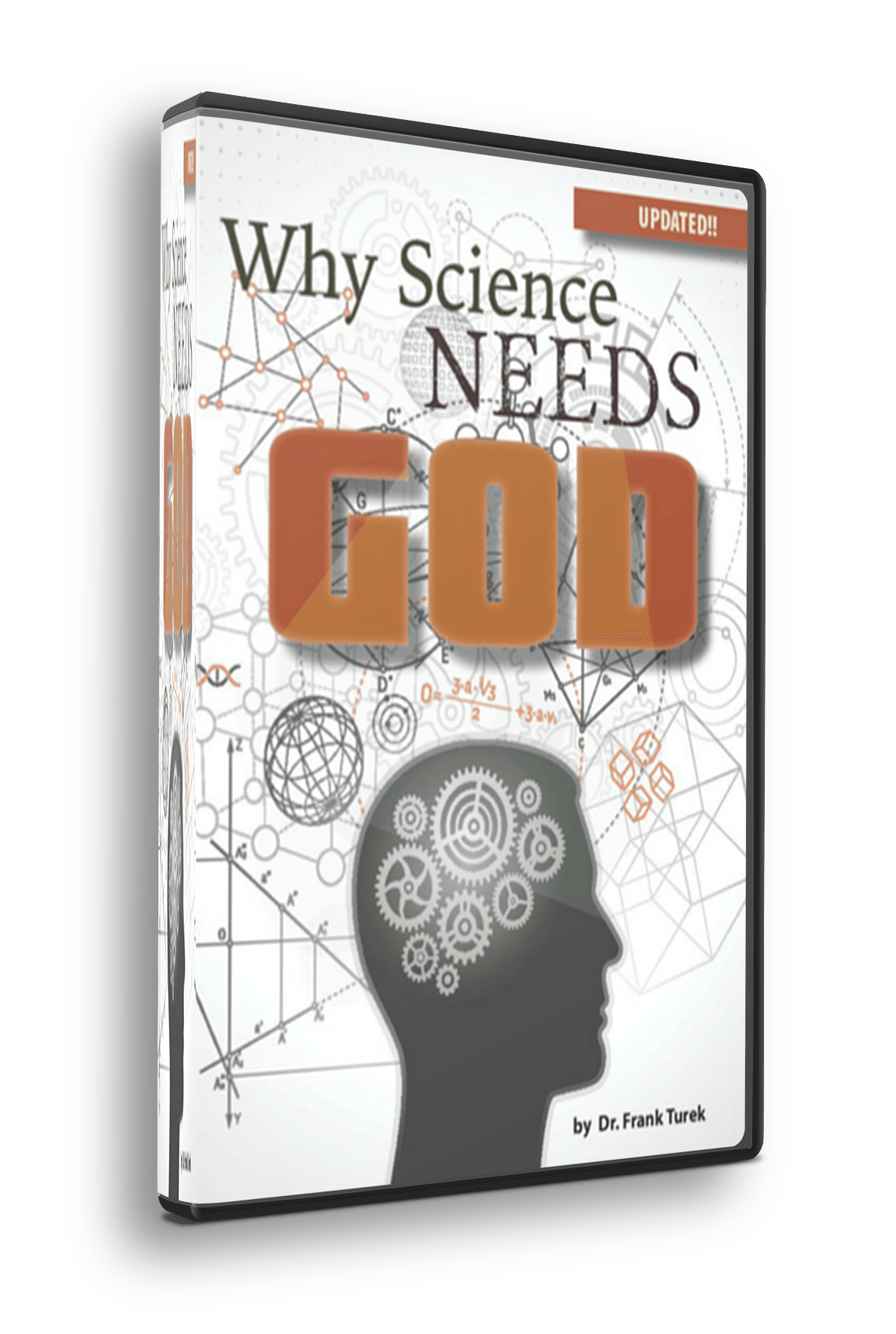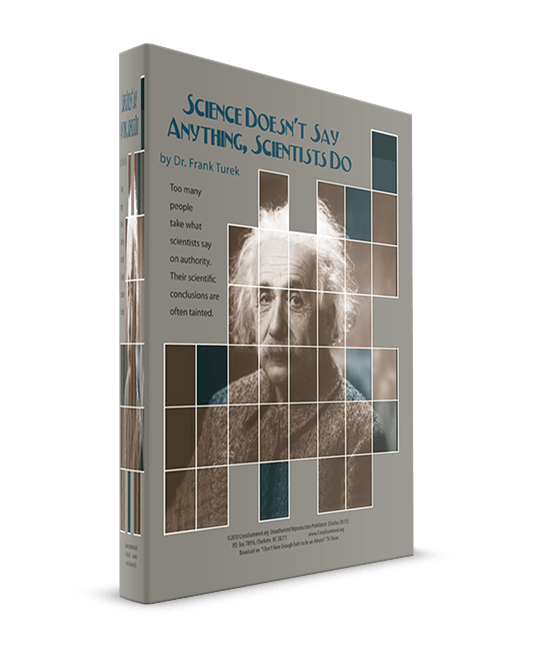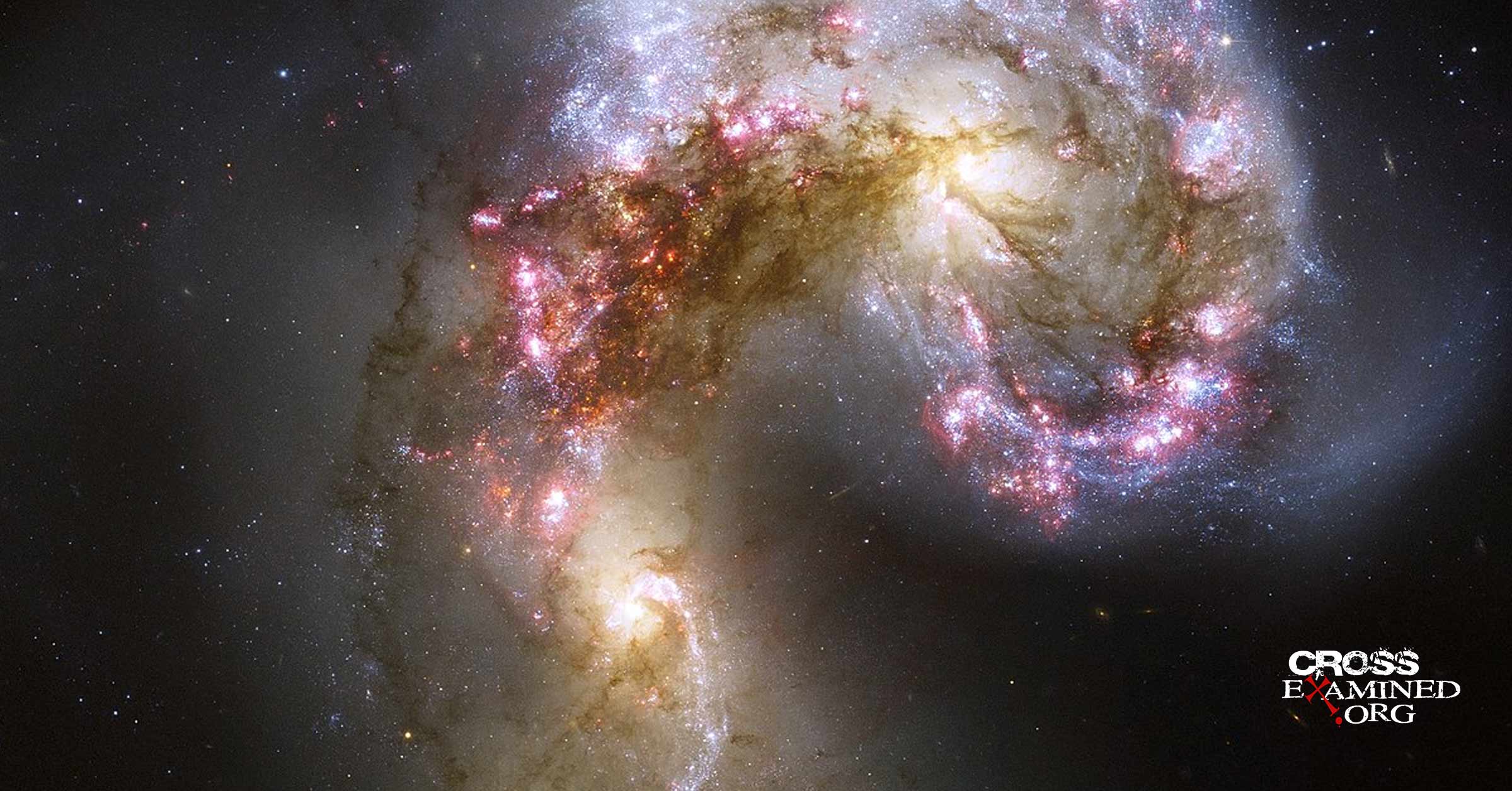I’m coming down to the final six weeks of writing my next book and am very much looking forward to being on the other side of that deadline! I’ve missed being able to blog regularly during this intense writing time, so I had to take a break today and share a new post inspired by some of the topics my next book will address. (On a side note, watch for a new post very soon to reveal the cover and title of the book!)
My favorite section to write has been on Science and God, because I know so many parents are looking for help in talking about this subject with their kids. While writing the chapters in that section, I thought a lot about how we, as Christian parents, are collectively failing to adequately prepare our kids to engage with questions of faith and science. Today, I want to share 5 ways I believe that’s happening, and encourage all of us to consider what we can do better in our own homes.
1. We don’t talk about the relationship between faith and science at all.
This is, without a doubt, the number one way we fail our kids in this area—we fail to say anything at all. Not only do we need to say something, we need to say quite a lot. Over and over again, researchers have found that a leading reason why so many young people walk away from faith is that they believe they have to choose between Christianity and science. Meanwhile, other research has shown that only ONE percent of youth pastors address any issue related to science in a given year.
This is a giant disconnect.
Regardless of the fact that churches need to do a much better job in this area, parents need to take the reins. This is our responsibility, and there is absolutely no doubt that questions of faith and science will challenge our kids in some way…whether this is an area we feel equipped to discuss or not. If you do feel equipped, great—get started. If you don’t, that’s OK—start learning. Those are really the only two options.
2. We boil all “science versus faith” conversations down to one (or two) issues.
I find in talking with parents that when you say the words “science and faith,” most people quickly launch into a conversation about evolution. There’s no doubt that evolution is one of the most important topics in this category, if not the most important topic. But there are many other questions our kids need to understand, especially at the more philosophical level. For example, people throw out broad statements like “science disproves God” all the time. Kids need to know what to make of those kinds of assertions just as much as they need to know what to make of the subject of evolution.
The second section of my next book will address six of these broader questions:
- Can science prove or disprove God’s existence?
- Do science and religion contradict one another?
- Do science and religion complement one another?
- Is God just an explanation for what science doesn’t yet know?
- Can science explain why people believe in God?
- What do scientists believe about God?
3. We teach overly simplistic answers that ignore important nuances.
I understand that science is not a “user-friendly” topic for many people. The only C grade I ever received in my life was in high school chemistry and I’m still bitter about it.
Unfortunately, this leads many parents to either 1) ignore the science-versus-faith dialogue completely (see my first point) or 2) teach overly simplistic answers that can inadvertently do major damage to their kids’ faith later.
One of the most important ways we can avoid this is by taking the time to define key words. For example, consider the question, “Can science prove or disprove God’s existence?” If someone asked me that, I couldn’t even answer their question unless I first asked them: What do you mean by science? What do you mean by prove or disprove? And what do you mean by God? People use those words in many different senses today and you simply can’t have a meaningful discussion without understanding their more nuanced underlying question. They may be asking:
Can a specific branch of science provide evidence that strongly challenges a specific historical claim of a given religion? (Answer: Yes.)
Or, they may be asking:
Can the field of science, when defined as the systematic study of the structure and behavior of the natural world, say anything about the existence of God, when defined simply as a supernatural being who may or may not have created the world? (Answer: No—and even most atheists would agree.)
While we may wish we could simply teach our kids easy answers like, “Of course science doesn’t disprove God!”, we fail to adequately prepare them for this challenging secular world when we do.
4. We teach only one of several Christian views on origins (age of the Earth and evolution).
If you’ve read my first book, Keeping Your Kids on God’s Side, you know how strongly I feel about this. There are eight chapters written to explain why Christians have varied views on how and when God created the world—based on both scriptural and scientific considerations. While many parents don’t teach their kids anything at all on this subject, many of the remaining parents only teach their kids one specific view (for example, young-Earth creationism, old-Earth creationism, or theistic evolution). Whatever view you teach, your kids will hear challenges from both other Christians and from atheists—a very confusing position for them to be in if you’ve never explained the issues at stake.
Note that I’m not suggesting we shouldn’t tell our kids what we believe. There’s no problem at all with explaining our own convictions. The problem lies in teaching them our views in a silo rather than taking the time to explain why fellow believers and skeptics interpret science and/or the Bible differently than we do.
5. We’re overly fearful of suggesting there’s a conflict between Christianity and science.
One of the things I found most interesting when preparing to write on whether or not science and religion contradict one another was just how quick Christians are to lay out a case for why Christianity and science are not in conflict. Much of the time, Christians jump straight to showing 1) how science can’t say anything about a Being outside of nature and/or 2) how there’s no reason to expect that science could even be done if there weren’t a God to rationally design the universe. Those things are true. But much of the time when skeptics talk about the conflict of science and Christianity, they’re talking specifically about the conflict between mainstream scientific consensus and a specific claim of the Bible that intersects with the natural world—for example, the age of the Earth (based on the young-Earth interpretation of Scripture) and direct creation (versus evolution). If we just keep insisting “there’s no conflict,” when there actually are apparent conflicts in some areas, we miss some very important discussion opportunities with our kids. Again, we have to define terms clearly.
Finally, it’s important to remember that the accurate interpretation of scientific data and the accurate interpretation of the Bible will never be in true conflict. If apparent conflicts arise, (at least) one interpretation is wrong. When we’re convicted of the accuracy of our interpretation of Scripture, we shouldn’t be afraid to acknowledge when the Bible conflicts with scientific consensus; Scientists can be wrong. On the other hand, when there is an apparent conflict, we should be willing to thoughtfully consider the scientific data; Our biblical interpretation can also be wrong.
Rather than sweep apparent conflicts under the carpet, we can help our kids significantly by 1) confidently explaining why apparent conflicts may arise and 2) studying the scientific and scriptural considerations together.
What questions about science and faith do you most have trouble discussing with your kids? If you don’t currently have these discussions, what’s your biggest barrier?
Original Blog Source: http://bit.ly/2mouGKB
















